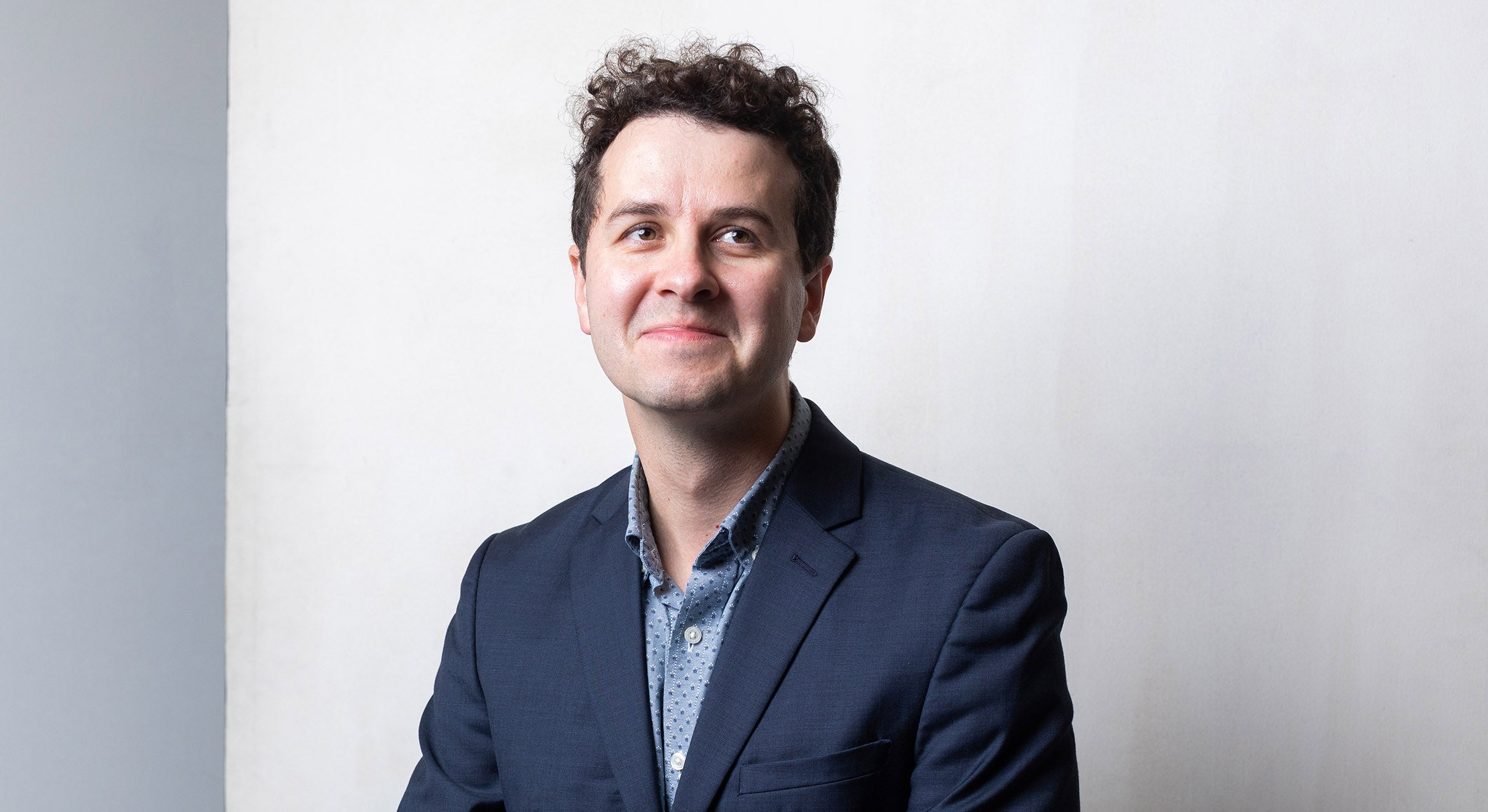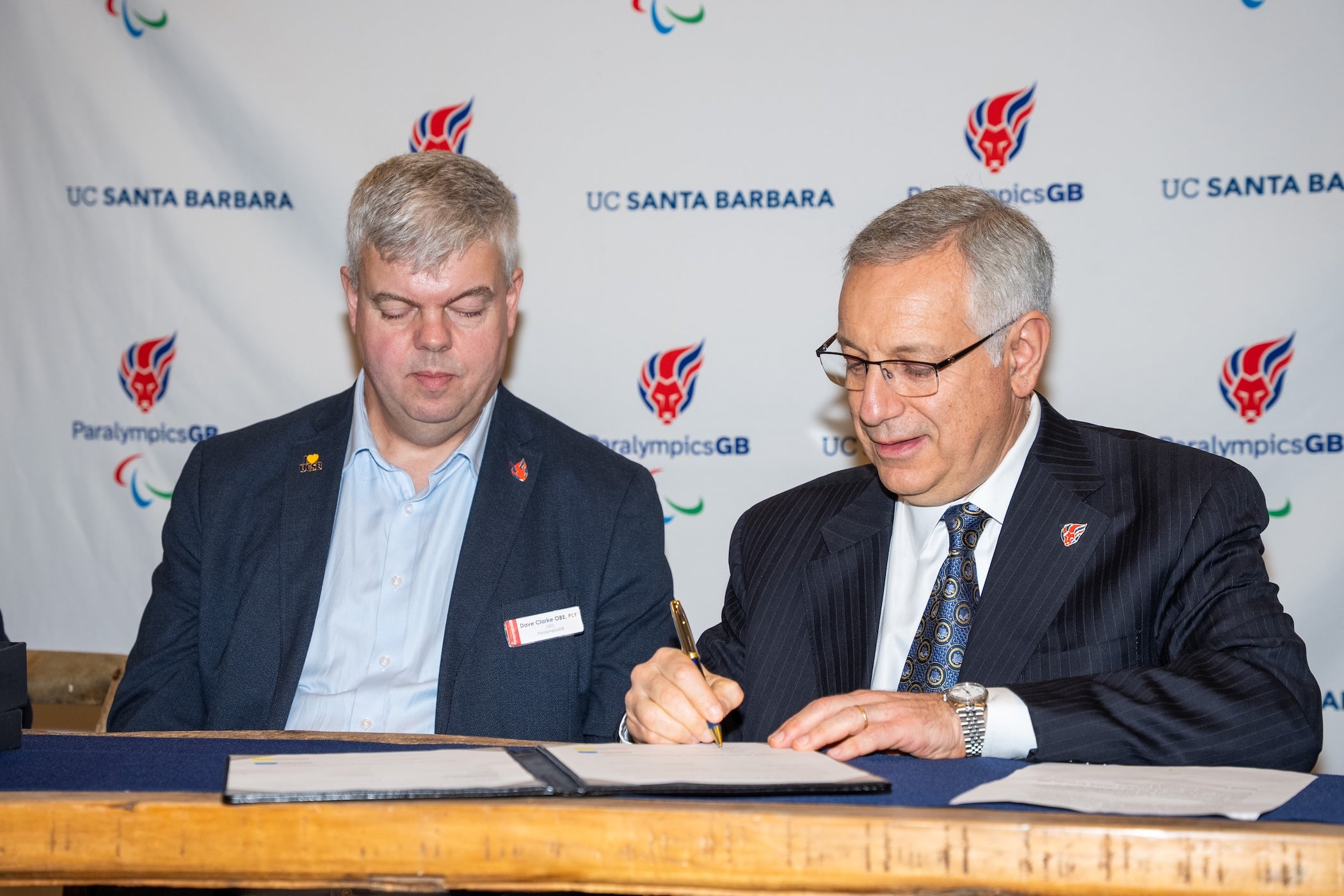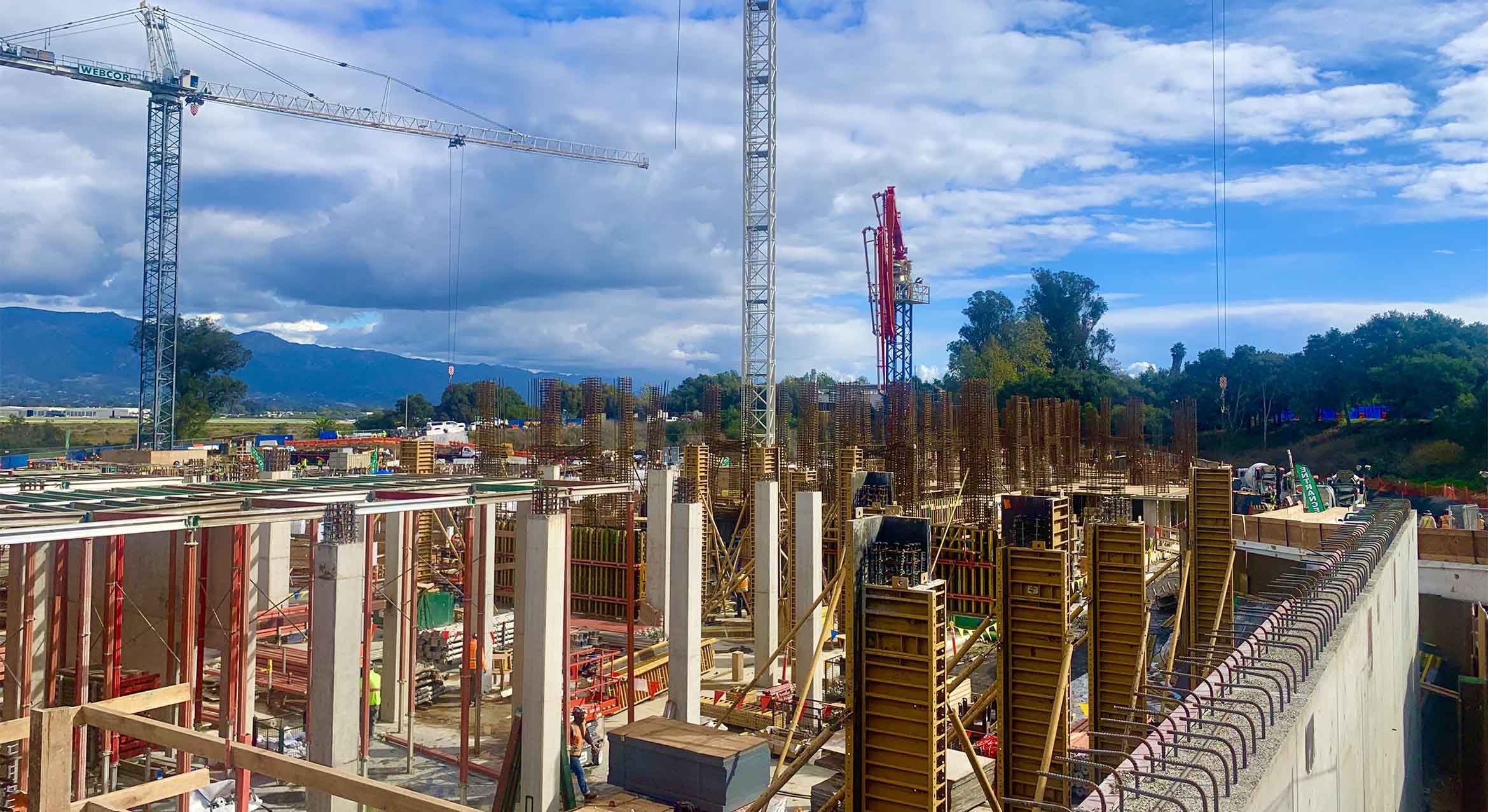
UCSB Stem Cell Research Leader Shares America's Most Distinguished Prize in Medicine
A UC Santa Barbara stem cell expert is one of three scientists who have been named the recipients of the 11th annual Albany Medical Center Prize in Medicine and Biomedical Research. The pioneering work of these three scientists in isolating human stem cells holds great promise for the future of medicine.
Prize recipient James A. Thomson holds appointments as a professor in UCSB's Department of Molecular, Cellular, and Developmental Biology; co-director of UCSB's Center for Stem Cell Biology and Engineering –– which is part of UCSB's Neuroscience Research Institute; a professor at the University of Wisconsin-Madison School of Medicine and Public Health; and director of regenerative biology at the Morgridge Institute for Research in Madison, Wis.
The co-recipients of the prize were announced today by James J. Barba, president and chief executive officer of Albany Medical Center and chairman of the prize's national selection committee. The scientists will receive the prize on May 13, during a celebration in Albany, N.Y. The $500,000 prize to be shared by the winners is the largest award in medicine and science in the United States.
The co-awardees are Elaine Fuchs, the Rebecca C. Lancefield Professor, head of the Laboratory of Mammalian Cell Biology and Development, and Howard Hughes Medical Institute investigator at The Rockefeller University in New York City; and Shinya Yamanaka, director and professor of the Center for iPS Cell Research and Applications at Kyoto University in Japan, and senior investigator at the Gladstone Institute of Cardiovascular Disease in San Francisco.
"Diabetes, Parkinson's disease, cancer, spinal cord injury –– the solutions to these debilitating diseases and many, many others that plague humans might very well be found through the science of stem cells," said Barba.
"We are extraordinarily proud of Dr. Jamie Thomson's ground-breaking research on embryonic stem cells and his more recent discovery that adult human cells can be reprogrammed to an embryonic state," said Pierre Wiltzius, dean of Mathematical, Life, and Physical Sciences at UCSB. "We congratulate him and his co-awardees for the recognition that the Albany Prize bestows on the significance of this research."
Thomson and Yamanaka are credited with discovering how to genetically re-program adult human cells back to an embryonic state. These so-called iPS (induced pluripotent stem) cells, which share nearly all the characteristics of embryonic stem cells (ES), also can be made in limitless supply. This discovery, made separately in each researcher's lab and reported in 2007, was hailed as a major scientific breakthrough. These cell lines are now used in laboratories worldwide and promise to speed the progress of stem cell research by offering a complementary or alternative approach to using embryonic stem cells.
Before his success with iPS cells, Thomson was already a leader in the field of stem cell research. In the early 1990s, his laboratory derived embryonic stem cells from primates, leading to the landmark 1998 isolation and growth in culture of the first line of human ES cells. The ES cell lines he developed remain in use today in research labs throughout the world. His own lab remains a leader in their application, including the development of new approaches to genetically manipulate these cells.
"Human pluripotent stem cells have the potential to provide new insights into human developmental biology and revolutionize medicine as novel cellular therapies are developed for grievous disease and injury," said Dennis Clegg, co-director of UCSB's Center for Stem Cell Biology and Engineering. "Indeed, the cell lines developed by Dr. Thomson are already being used in a clinical trial for spinal cord injury."
Joel Rothman, chair of UCSB's Department of Molecular, Cellular, and Developmental Biology, said: "This highly prestigious and meritorious award to Dr. Thomson provides further recognition of the tremendous impact and importance of his discoveries in stem cell biology, a field that has been greatly elevated at UCSB by his participation and leadership in the Center for Stem Cell Biology and Engineering."
Related Links
Albany Medical Center
Center for Stem Cell Biology and Engineering
Department of Molecular, Cellular, and Developmental Biology



